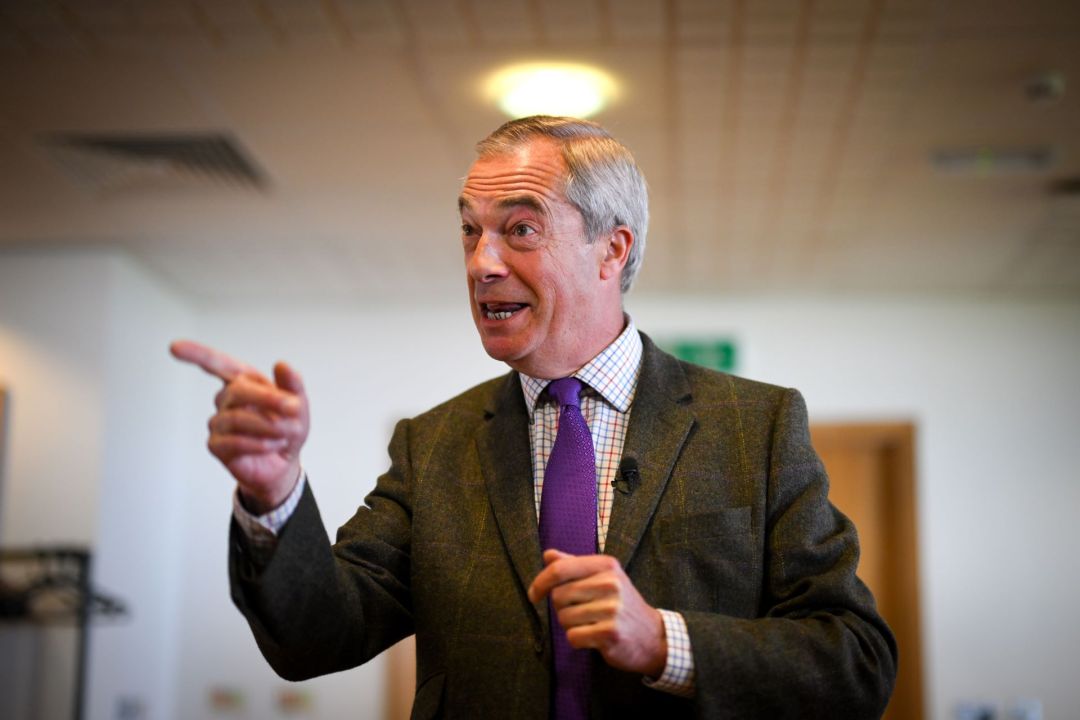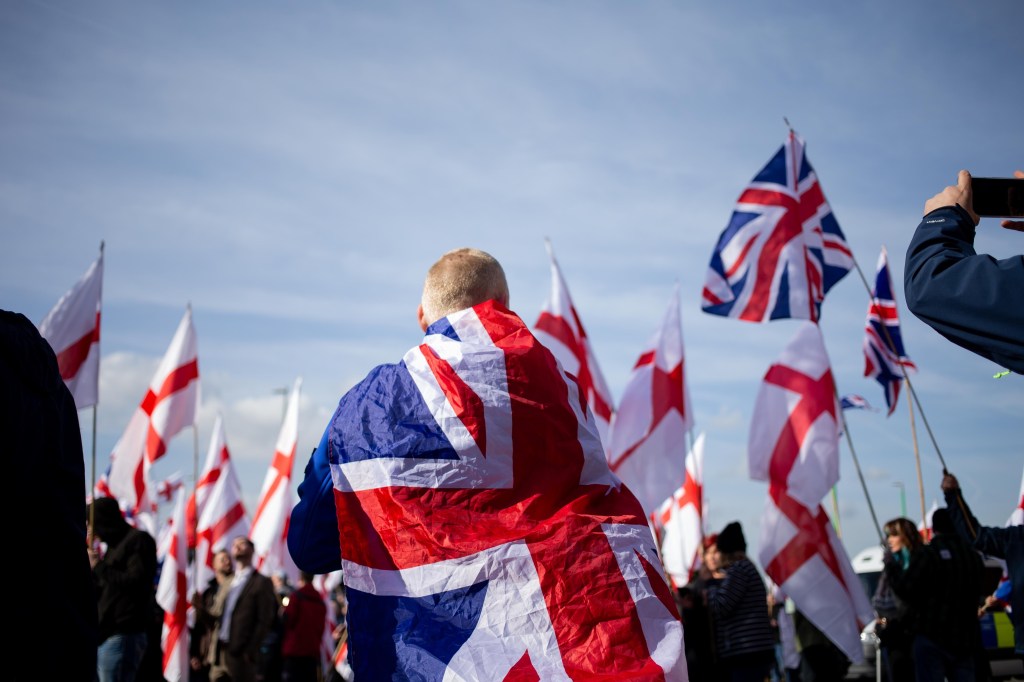In truth, there was little that was new in Nigel Farage’s speech today. For more than a decade, he has positioned himself as commander of the ‘people’s army’, fearlessly ‘parking our tanks on Labour’s lawn.’ First, it was Ukip, then it was the Brexit party. Now, his chosen vehicle to crush the establishment is Reform. All the greatest hits were played at today’s party rally: taxes are too high, migration is out of control and working class strongholds have effectively been abandoned. His Durham members lapped it up appreciatively, buoyed by a week in which Reform outflanked the government on British Steel.
But while the songbook was familiar, Farage offered some new remixes too. When the Telegraph offered him the chance to lambast the unions for the Birmingham bin strikes, the leader resisted the urge to unleash his inner Thatcher. Instead, Farage praised the unions and ducked the opportunity to blame Unite for the industrial action. Government weakness, not militant labour, was to blame, he insisted. This, after Saturday’s debate, in which Farage’s colleague Richard Tice attended parliament sporting a GMB trade union badge. It was a remark which raised eyebrows among the attendant press pack, while Farage’s quip that there are Birmingham rats ‘the size of which haven’t been seen since the Western Front’ sparked laughter too.
Elsewhere, he demonstrated nuance on the subject of local government. Farage, predictably, demanded a ‘Doge-style’ approach to Reform-led councils after 2 May but then paused, acknowledging the budgetary pressures on local authorities over the past decade. There were soaring social costs, he noted, and increased special educational needs provisions. It was a more holistic and thoughtful answer than many of Farage’s critics might expect of the longtime Brexiteer. Similarly, when the Guardian inquired as to whether a multimillionaire could really represent the red wall, Farage accepted he had been lucky before declaring ‘the difference is: I want the same for my fellow man.’
As with any veteran artist, Farage knows which tunes to play to keep the audience singing. But in an age where support for the two main parties is collapsing to historic lows, he now has a bigger crowd than ever before. Just like his favourite musician Frank Sinatra, Farage’s greatest success could now come after 20 years in the industry. As Ol’ Blue Eyes himself sang: ‘the best is yet to come.’









Comments